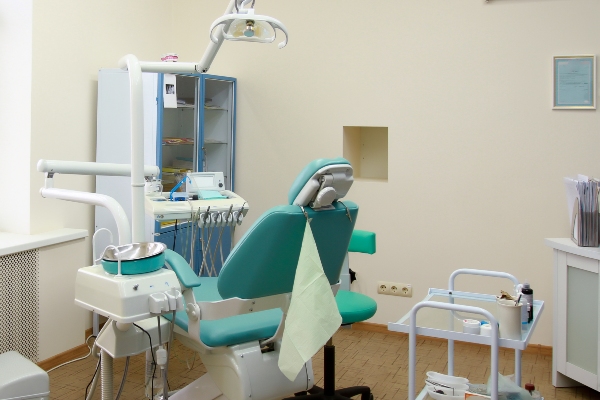 The issue of thumb-sucking is a common concern among parents, especially in the realm of pediatric dentistry. According to the National Institute of Health, around 50% of infants are still sucking their thumbs by age one. This number is even higher closer to birth. Regardless of how common it is, should parents be worried if their child engages in thumb-sucking on a routine basis?
The issue of thumb-sucking is a common concern among parents, especially in the realm of pediatric dentistry. According to the National Institute of Health, around 50% of infants are still sucking their thumbs by age one. This number is even higher closer to birth. Regardless of how common it is, should parents be worried if their child engages in thumb-sucking on a routine basis?
Top questions about thumb-sucking
While many parents feel confident their child will give up the practice independently, it is important to understand the dental, health, social, and emotional effects of prolonged thumb-sucking. Parents should also be aware of what is considered problematic when it comes to this type of habit.
Is thumb-sucking normal?
Many children suck their thumbs at some point, especially during the first few months of life. In fact, many babies start developing this habit while still in the womb. The sucking reflex in infants is strong and is essential to their survival and development, so it is no surprise that thumb-sucking is not only typical but also expected in babies.
Usually, children gradually wean themselves off the practice during the toddler and preschool years. However, some children continue the habit much longer, which can be problematic over time.
What are the risks of thumb-sucking?
One of the most obvious issues with thumb-sucking is the introduction of more bacteria into the mouth. This is especially true of children who are mobile and tend to suck their thumbs during the day or while out in public. This increases the risks of contracting an illness as well as developing tooth decay.
Prolonged thumb-sucking can also affect the development of a child's teeth, bite pattern, and palate. These can cause speech and digestive issues, along with severe misalignment that requires treatment in the near future. Overbite is a common complication of this habit.
Thumb-sucking can have social and emotional consequences, especially for school-aged children. Typically, the habit continues because it offers a source of comfort to a child who may be overly stressed or anxious. Ridicule from peers and adults can make matters worse.
When should a child stop sucking the thumb?
All children differ in how they develop physically, mentally, and emotionally. In general, thumb-sucking is not an issue as long as parents are seeing a gradual decrease in the activity over time. Many pediatric dentistry professionals are not concerned with intervention until the child reaches the age of five. Even then, duration still plays a part. For instance, thumb-sucking only when lying down to sleep at night is often a much smaller problem than thumb-sucking throughout the day, especially when it amounts to six hours or more. When the habit becomes a concern, a dentist may make various recommendations:
- A thumb-sucking guard worn on the hand
- Introducing other options for comfort
- Bitter topical nail solutions
- Taking steps to reduce stress and anxiety in the child's life
- A dental appliance to prevent thumb-sucking
Conclusion
Thumb-sucking is a common issue in pediatric dentistry patients. Talk with your dentist to determine whether your child needs help breaking this habit.
Request an appointment or call Precision Orthodontics & Pediatric Dentistry at 703-391-8800 for an appointment in our Reston office.
Recent Posts
An emergency pediatric dentist is a parent’s go-to resource when unexpected dental issues arise. From accidents to sudden pain, these dental providers offer specialized care to restore children’s oral health and comfort quickly. Understanding their role and the treatments they offer empowers parents to handle dental emergencies with confidence, ensuring prompt, compassionate care for every…
Calcium and vitamins have important pediatric dental benefits for your child. They help their bones grow and develop, as well as help with their tooth development. Besides brushing and flossing regularly, children also need to have balanced nutrition for healthy teeth and gums. This article covers the importance of calcium and vitamins, so parents can…
Dental X-rays are essential parts of a pediatric dental visit. As a diagnostic instrument, an X-ray is used by pediatric dentists to uncover and highlight problem areas in order to investigate them further and develop an effective treatment plan. Continue reading to know when the dentist might recommend digital X-rays during a dental appointment.Pediatric dentists…


